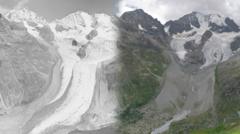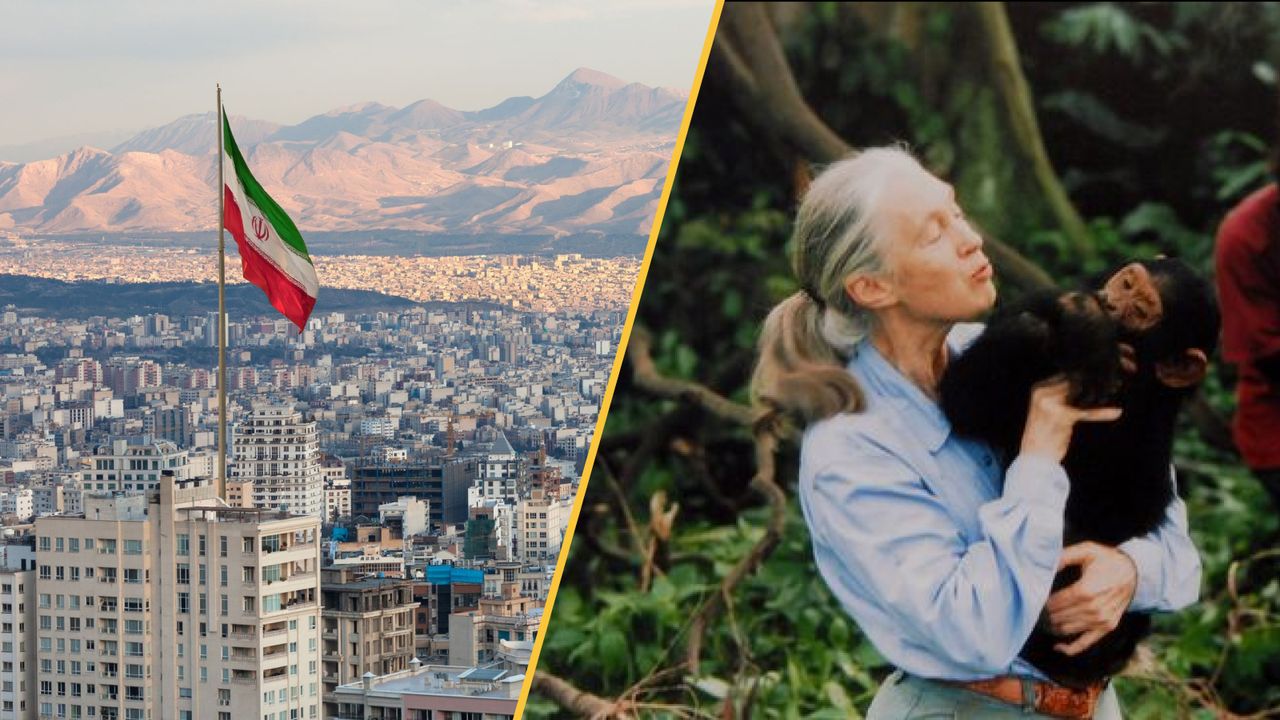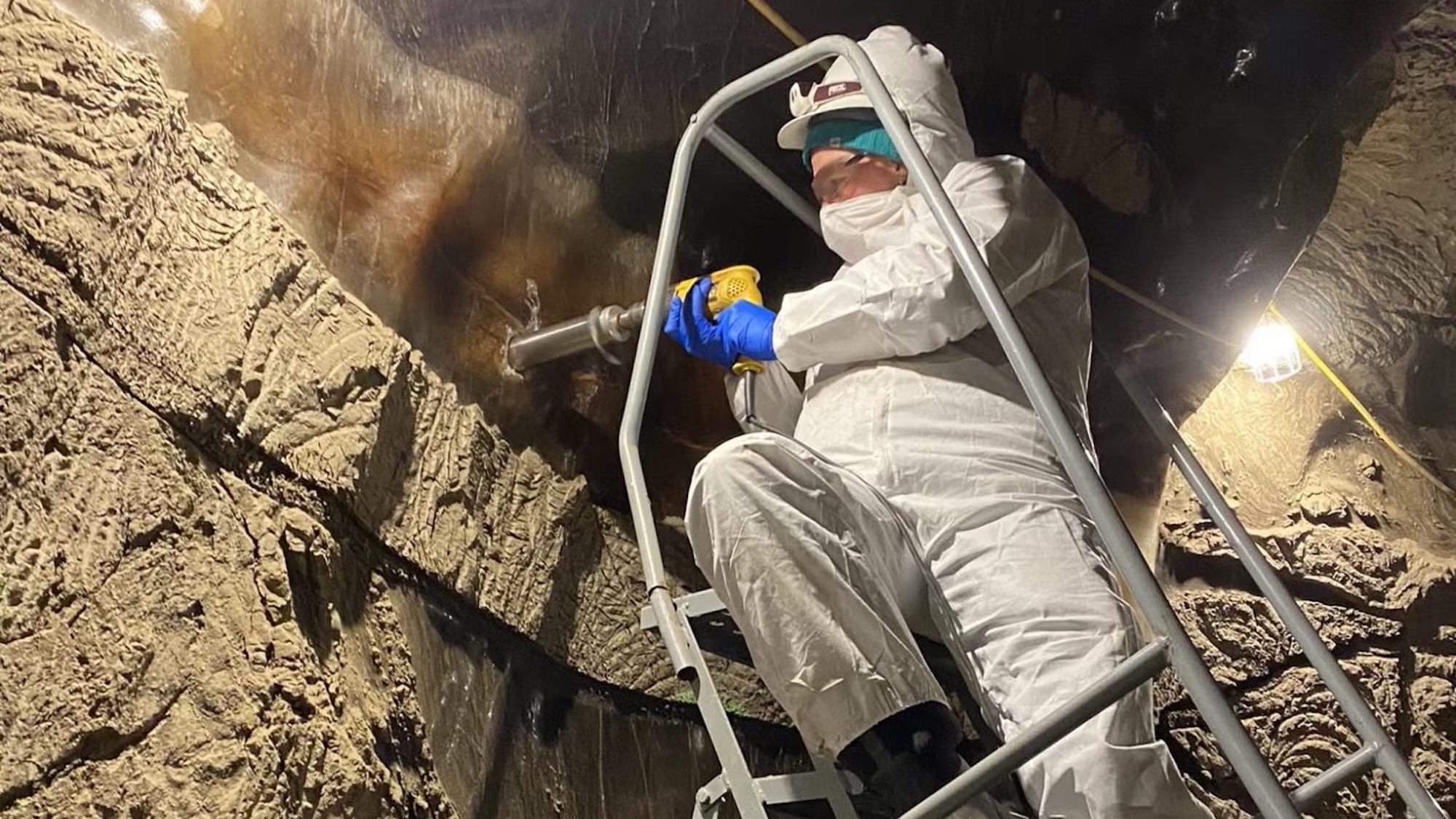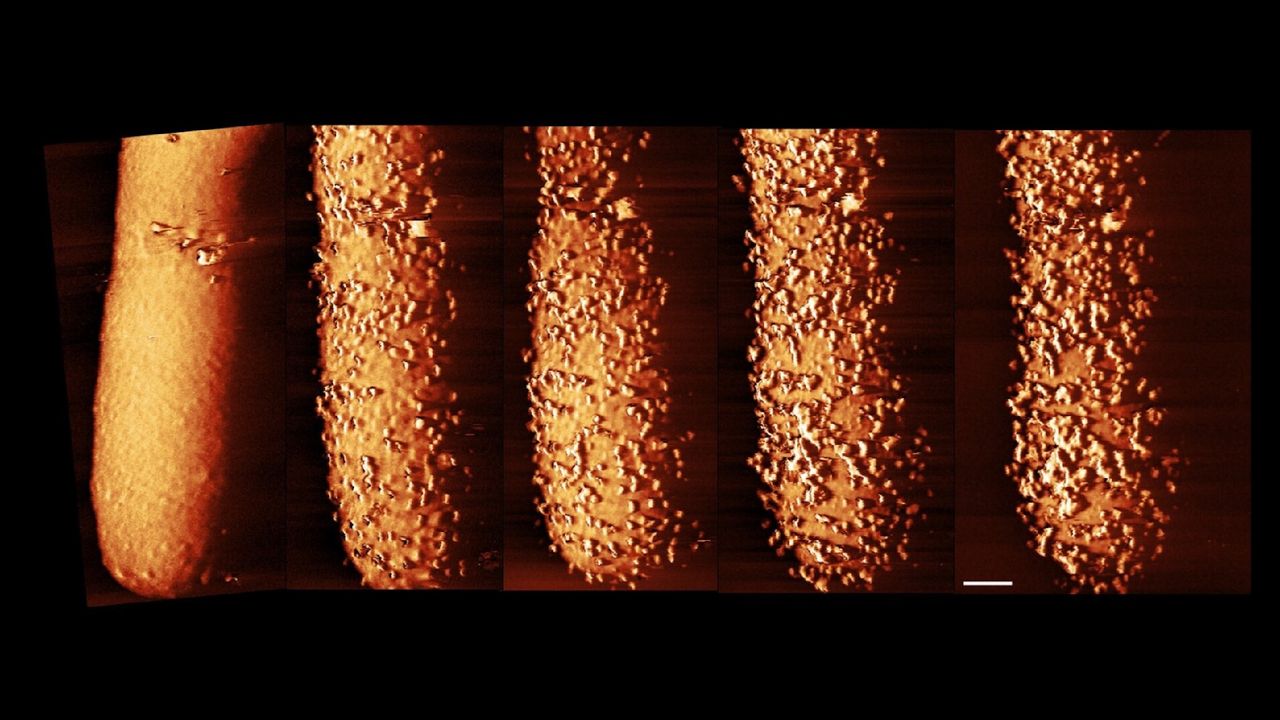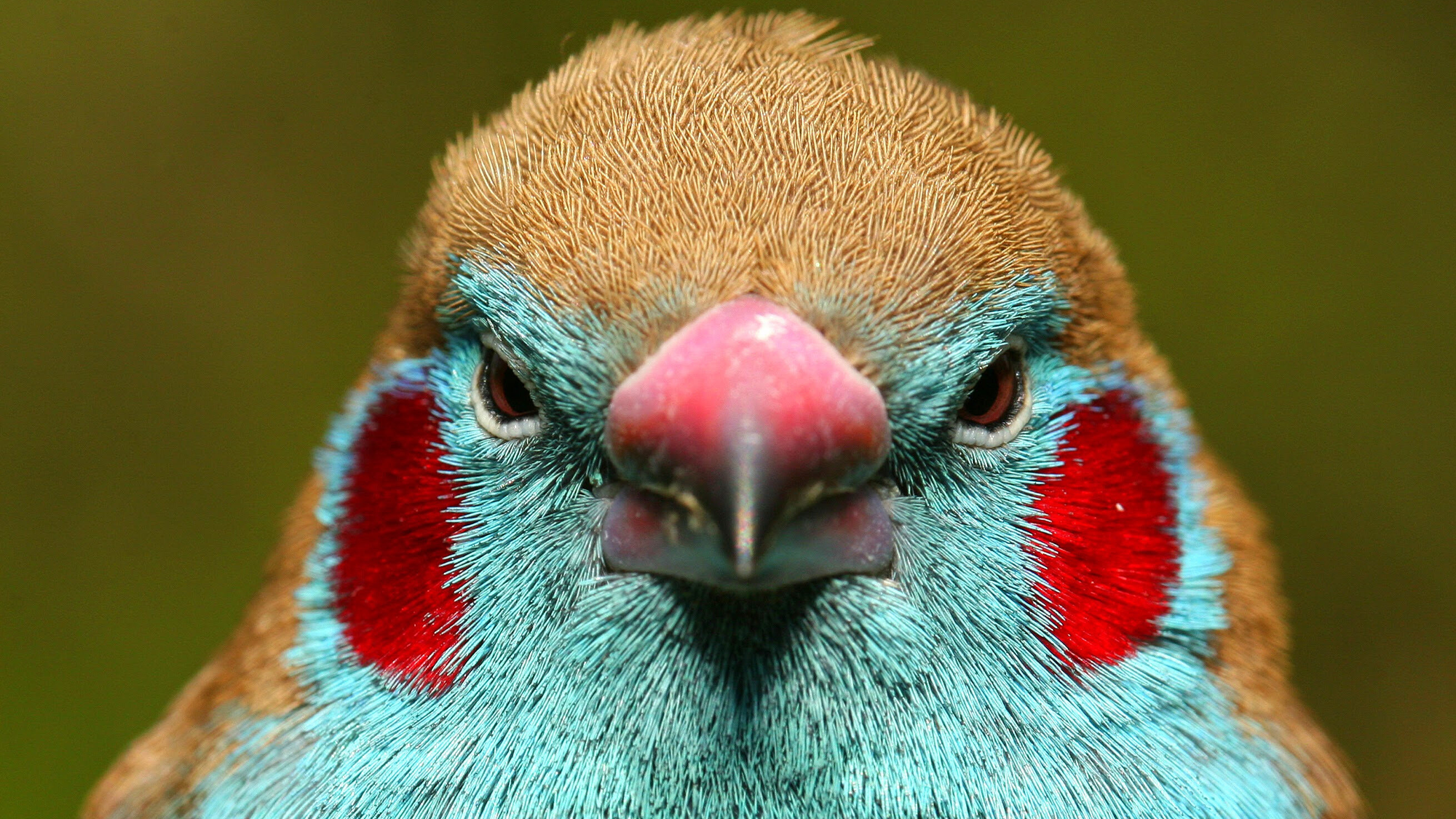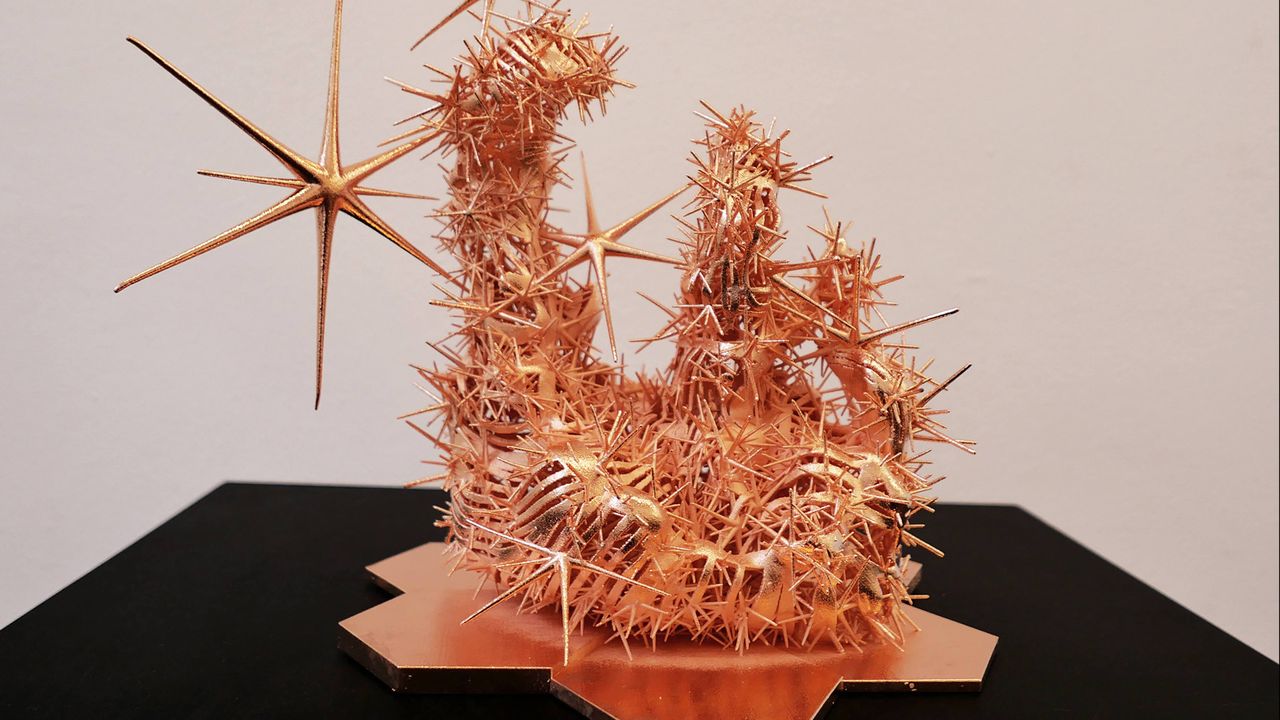Remembering primatologist Jane Goodall – podcast
PositiveScience
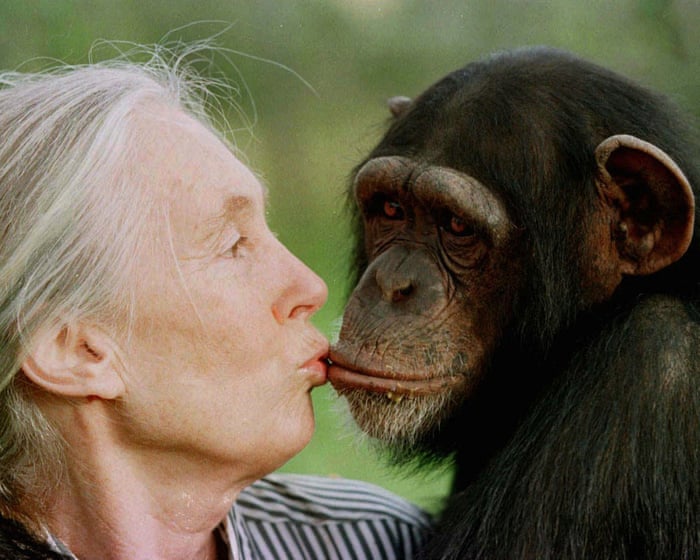
The world is mourning the loss of renowned primatologist Jane Goodall, who passed away at the age of 91. Goodall's groundbreaking research transformed our understanding of chimpanzees and highlighted the importance of environmental conservation. In a podcast, Ian Sample speaks with Jon Watts, the Guardian’s global environment editor, to reflect on Goodall's remarkable legacy and the impact she had on both science and environmental advocacy. Her work continues to inspire future generations to protect our planet and its inhabitants.
— Curated by the World Pulse Now AI Editorial System
